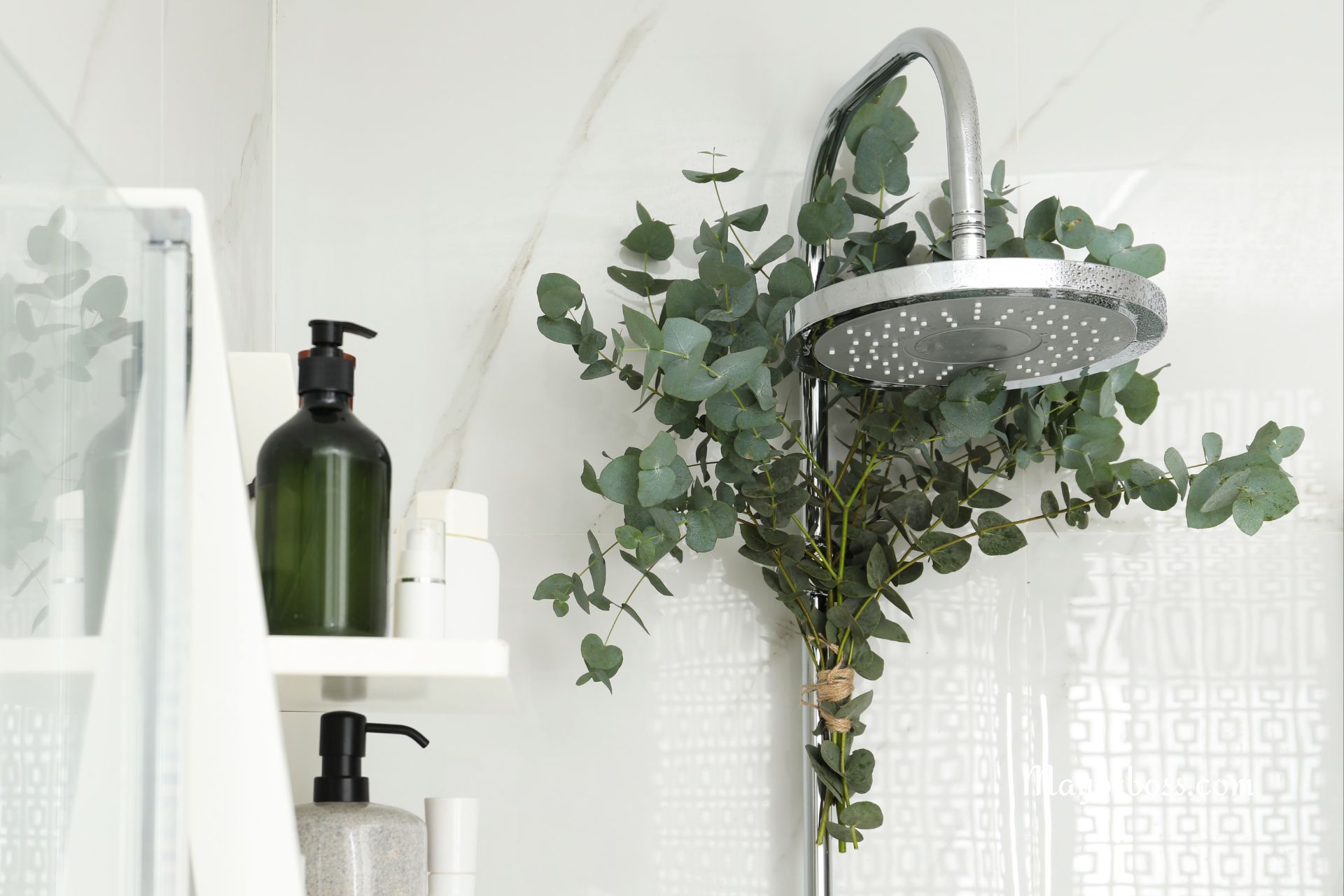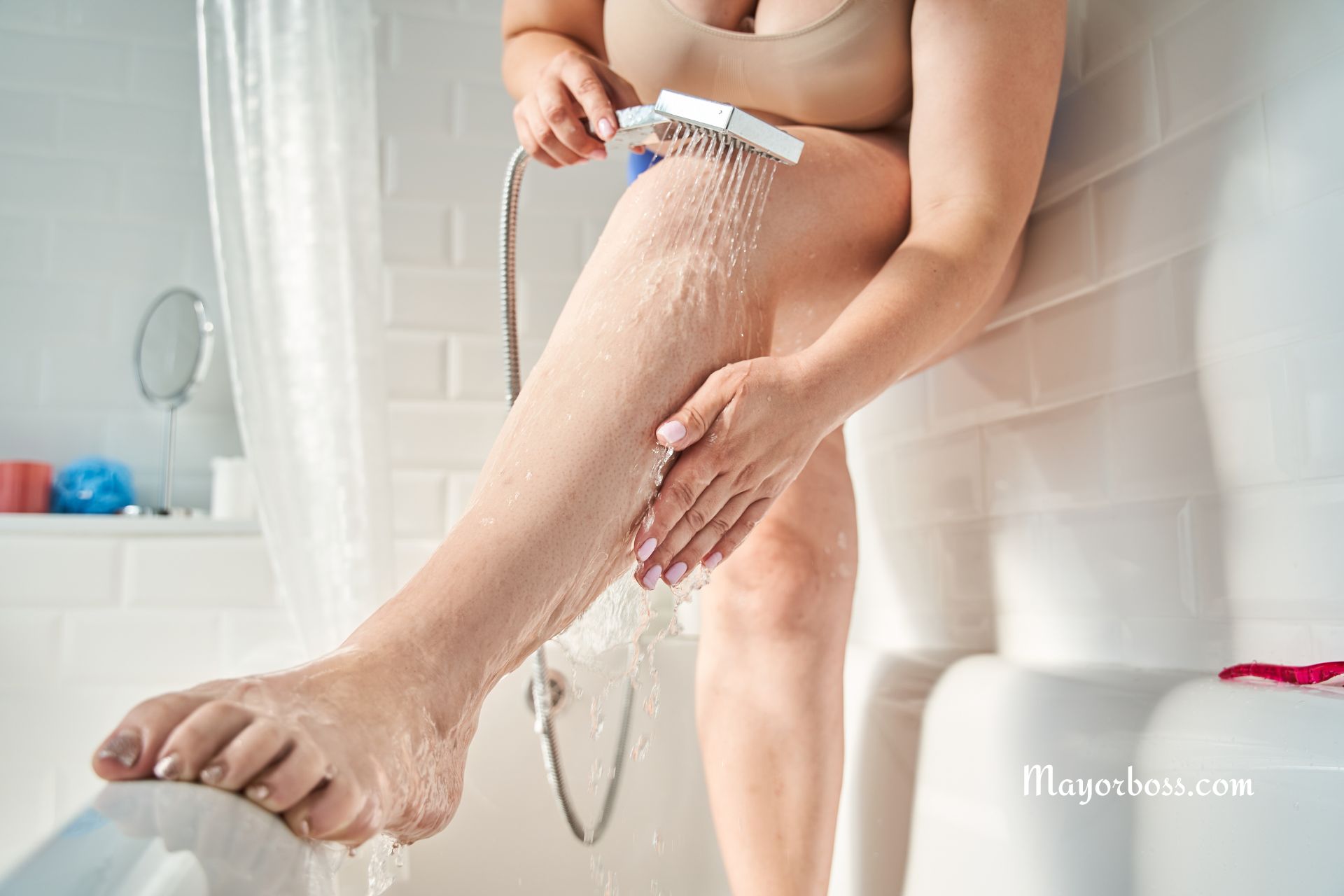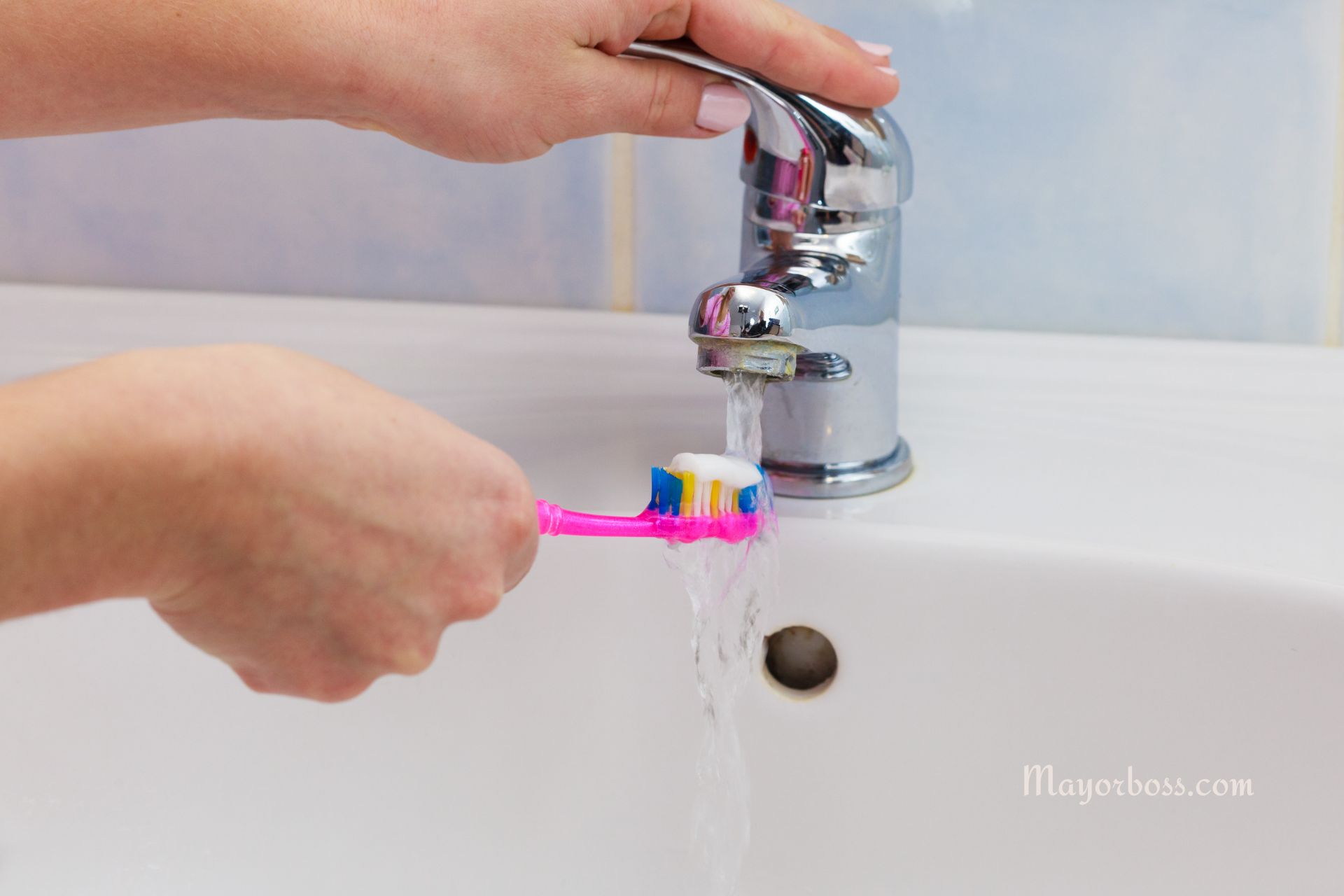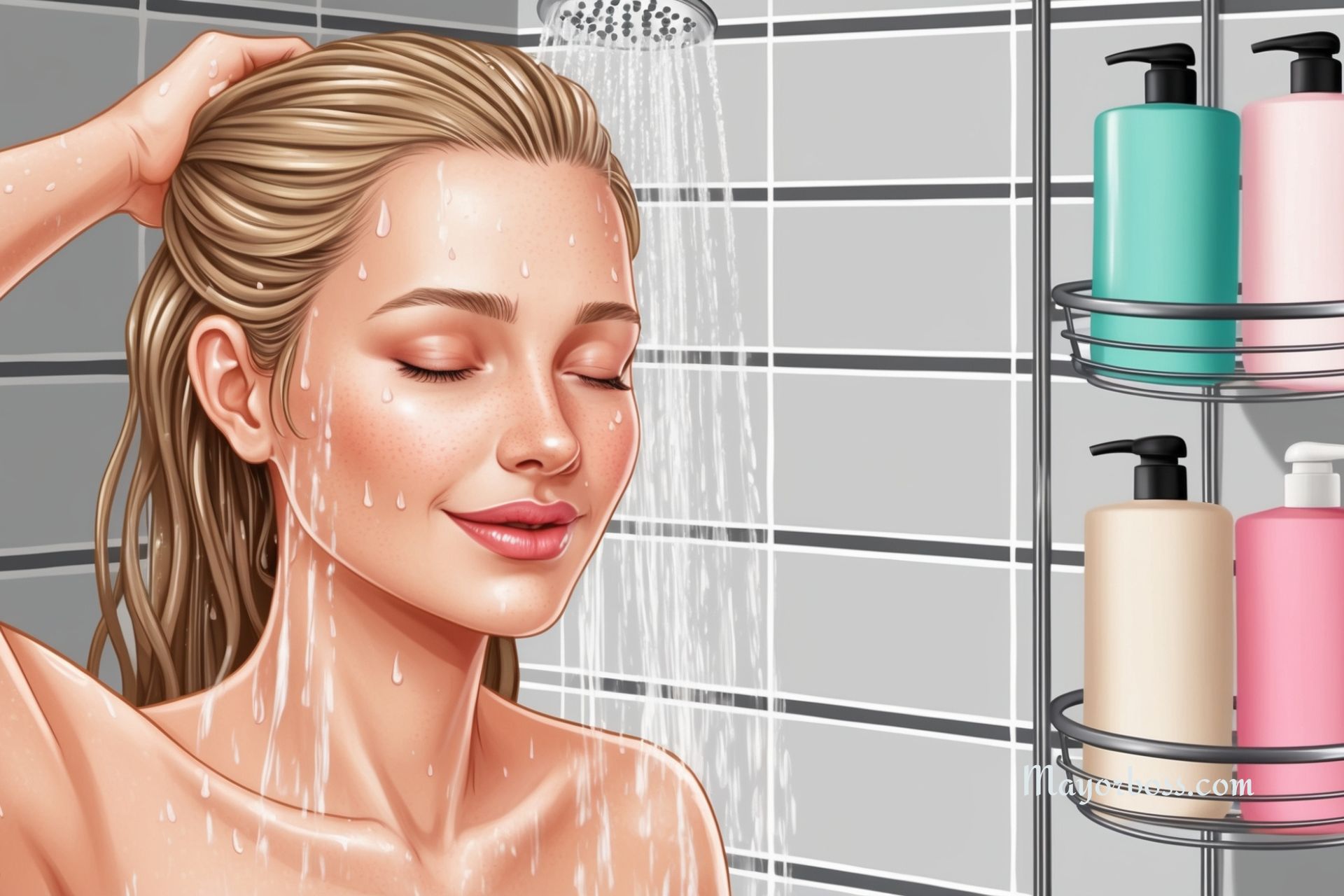You are guaranteed to make these 5 mistakes when brushing your teeth
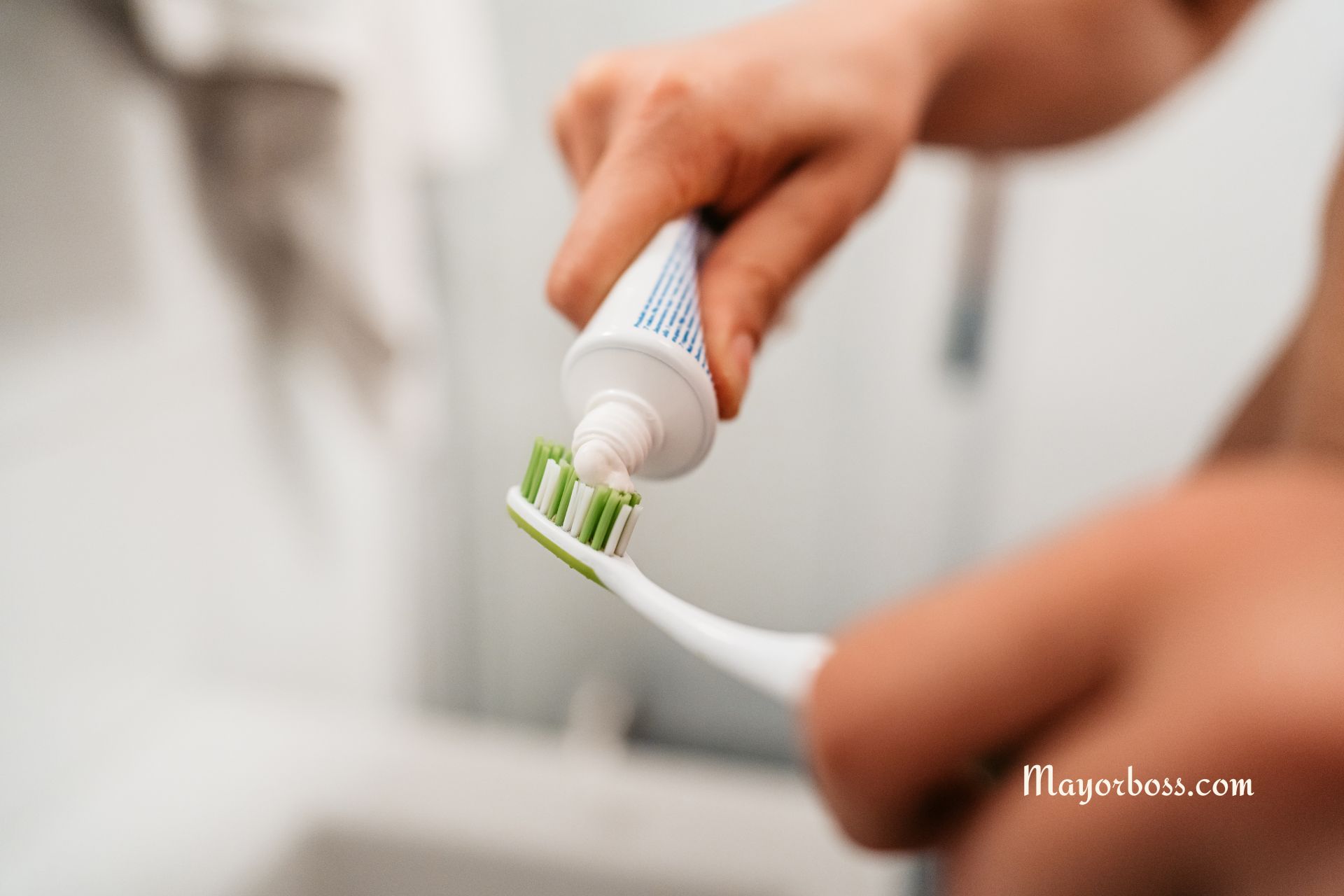
Ever found yourself rushing through your morning or nighttime routine, and brushing your teeth feels just like another chore to check off your list? You’re not alone. However, the way you brush your teeth can significantly affect your dental health. Now, let’s talk about some common slip-ups you might be making every day without even realizing their impact.
Mistake #1: Not Brushing Long Enough
How long do you brush your teeth? If you’re like many people, you probably spend less than the dentist-recommended two minutes. This might not seem like a big deal, but those extra seconds can make a huge difference. Shortening your brushing time means you might be missing out on effectively cleaning some areas, leading to plaque buildup and even cavities. So next time, try setting a timer or playing a short song to keep track until you hit that two-minute mark.
Mistake #2: Brushing Too Hard
Do you think the harder you brush, the cleaner your teeth will be? This is a common misconception. In fact, brushing too vigorously can damage your gums and tooth enamel, leading to sensitivity and other oral health issues. It’s best to use a gentle touch and let the bristles do the work for you.
Mistake #3: Using the Wrong Toothbrush
When was the last time you replaced your toothbrush? If it’s been more than three months, it’s time for a new one. Using an old toothbrush with worn-out bristles can’t clean your teeth effectively. Also, the type of bristles matters—medium and hard bristles can harm your gums. Opt for a soft-bristled toothbrush to get the job done without causing damage.
Mistake #4: Forgetting the Inner Surfaces of Your Teeth
It’s easy to focus on the front of your teeth since those are the parts you see in the mirror. But the inner surfaces of your teeth—that is, the sides facing your tongue and the roof of your mouth—are just as important to clean. These areas are prone to plaque accumulation, which can lead to tartar and decay if not addressed.
Mistake #5: Ignoring Your Tongue
Your tongue harbors bacteria that can generally contribute to bad breath and negatively impact your overall oral hygiene. Brushing your tongue or using a tongue scraper can actually help remove these bacteria, leaving your mouth feeling fresher and reducing the risk of bad breath.
Frequently Asked Questions
1. How often should I replace my toothbrush?
You should replace your toothbrush every three to four months or shortly if the bristles become frayed. An easy way to remember is to change your toothbrush with the change of each season.
2. Is it better to brush your teeth before or after breakfast?
Brushing your teeth before breakfast is often recommended to reduce the amount of oral bacteria and prevent the acid attack that foods and beverages can prompt. However, if you prefer brushing after eating, wait at least 30 minutes, especially if you’ve consumed something acidic like orange juice.
3. What type of toothpaste should I use?
Look for toothpaste with fluoride, as it helps prevent cavities by remineralizing tooth enamel and combating plaque. If you have specific concerns like sensitivity or gum disease, consult your dentist for a toothpaste that best suits your needs.


